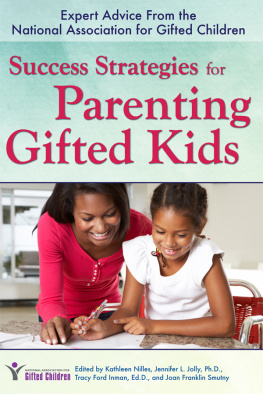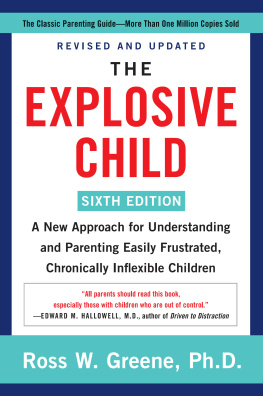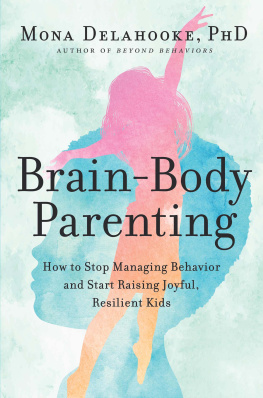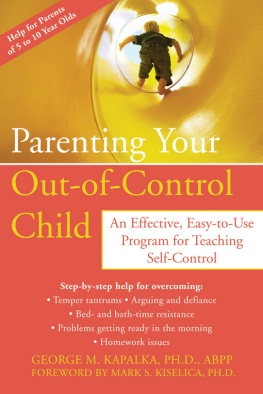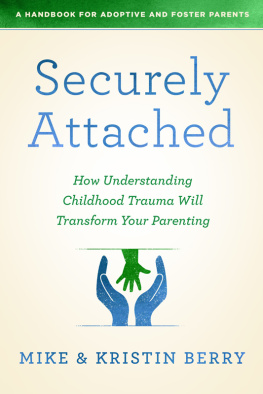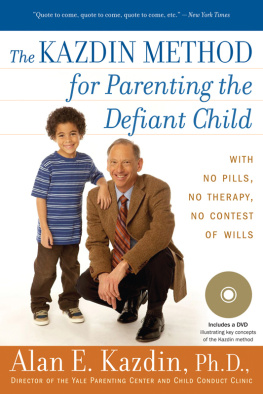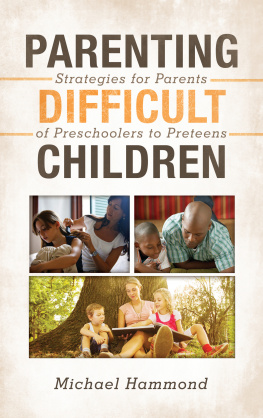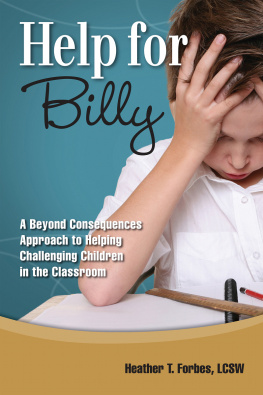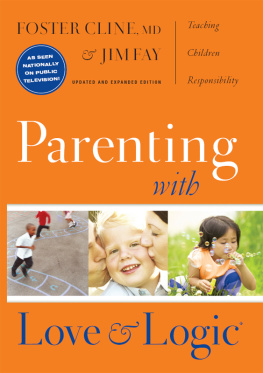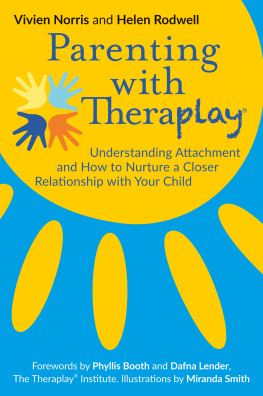
Beyond Consequences, Logic, and Control
A Love Based Approach to Helping Children With Severe Behaviors
Heather T. Forbes, LCSW
B. Bryan Post, LCSW

Beyond Consequences Institute

Copyright 2009 Heather T. Forbes
Registration Number TX 7-080-025
Permission provided for any or all parts of this book
to be reproduced for a loving cause.
Reproductions of this book are not to be sold
and may only be given free of charge.
Library of Congress Control Number: 2005938436
ISBN 978-0-9847155-0-3
Second Edition 2010
Published by:
Beyond Consequences Institute, LLC
Boulder, CO
Dedication

This book is dedicated to my children, Ben and Joanna. The life lessons you taught me far outweigh any that I could ever teach you as a mother. Thank you, also, for putting me on my own healing journey and helping me know that love never fails.
Heather T. Forbes
This work is dedicated to my wife, Kristi, and our two beautiful daughters, Mikalah and Marley. Thank you for teaching me that love always exists. And to two of the most significant men who touched and gave my life meaning: My father, Billie R. Post 1941-2004, and my friend and mentor, Lawrence G. Anderson 1937-2004.
B. Bryan Post
Check out the Beyond Consequences Institute website today to:

- Sign-up on our network and receive announcements of future free events such as teleseminars and lectures.
- Receive Heathers free eNewsletter for more Q&A support.
- Download free articles that will further your understanding of the Beyond Consequences Model.
- Learn how you can have Heather T. Forbes, LCSW in your area to hold a seminar or workshop.
- Purchase additional copies of this book for teachers, friends, and family members.
- View videos of how this model works when parents make the commitment to move from fear to love.
www.beyondconsequences.com
ALSO BY HEATHER FORBES
Beyond Consequences, Logic and Control, Volume 1,
Spanish Edition
Beyond Consequences, Logic and Control, Volume 1,
Russian Edition
Beyond Consequences, Logic and Control, Volume 2
Dare to Love: The Art of Merging Science and Love
into Parenting Children with Difficult Behaviors
100 Daily Parenting Reflections
www.beyondconsequences.com
Foreword

Heather T. Forbes and B. Bryan Post address some of the most pressing and challenging issues faced by parents of children with histories of disrupted attachments.
The authors have the ability to strip away the fog surrounding these troubled relationships, exposing the reality of childrens reactions and dysregulated responses to the past traumatic experiences that so often underlie their difficulty in making close, affectional bonds.
The authors address in detail the childs trauma (often associated with the adoption process), and they also address the painful struggle of the parents when a challenging child exposes the parents own vulnerabilities to memories that they may have suppressed of their own past experiences.
The immense value of this book is the clarity and simplicity of the authors working model; the price of this clarity is that the hard truth is exposed with such intensity that some may shy away from facing reality and not benefit from their undoubted insights.
The psychotherapeutic intervention described by the authors involves clinicians tapping into their own empathic capacities to help children feel supported to such a degree that a direct connection can be forged between the reality of childrens traumatic experiences and the parents and/or clinicians being able to tolerate their pain, and so regulate the childs distress down to a manageable level. The recognition that another person can truly understand and tolerate their pain can be a major contribution to the clients therapeutic outcome.
This book is an absolute necessity for every parent working through attachment issues, and for every professional (therapist, caseworker, teacher, policy maker, etc.) working with children who exhibit severe acting-out behaviors.
Sir Richard Bowlby, Attachment Advocate
A Note to the Reader

The longest journey is the journey inward.
Dag Hammarskjold, Swedish Diplomat
There is a stream of sorrow that continues to flow through my heart. It is flowing from the past pain of parenting my own children out of a place of control and fear instead of a place of love and compassion. I started my parenting journey ten years ago on a plane to Russia with my husband and then one year later on another plane to Russia to adopt our daughter. After adopting our children, we realized that we were in desperate need of help. Seeking help from specialist after specialist led us to become parents who were forcing attachment and working to make our children change. Our home was constantly filled with an undercurrent of anger, resentment, and fear. I hated being a parent. I hated always trying to stay one step ahead of the defiance. I hated always having to control behavior in order to assure safety for our future. Sorrow, pain, and perpetual fear continued to pervade our every interaction. Today, this river of sorrow runs in a dark place within my heart.
After making a paradigm shift from fear to love, not only did change become a reality, but also healing began. Healing for all family members became possible. Now looking back, it amazes me, and it is painfully difficult to ponder how we as people born of love easily lose our way to fear. How did I begin from a place of love to only find myself literally trembling in fear and sorrow?
Fear has the ability to constrict us in seeing only the negative, and it distorts our ability to think clearly and rationally. In this state of fear, I diligently read and read and reread every book I could find. I read every journal article, joined every Internet list serve, and hunted down professionals in the field of attachment in order to find answers. I easily bought into the methods presented to me by the professionals. I found myself highlighting in bright yellow and circling in thick red ink every explanation that my children were intentionally manipulating me, that my children were devising plans to successfully triangulate me and my husband, and that my children were unable to receive or give love. My frantic search only confirmed my fears of my children growing up to be criminals or adults diagnosed with mental disorders such as anti-social personality disorder or borderline personality disorder. My fears soon became my reality for parenting.
As I look back now and as I sit down to write my part of this book, I feel my entire body ignite. Every time I begin a new chapter, every time I reread a chapter for editing, every time I look through the books on my desk written to explain what creates attachment, my arms literally become weak, my stomach twists into a series of knots, and 1,000 pins prickle in my back. Beyond that, I feel my soul weeping because it is not about parenting from a place of control. It is not about parenting disturbed or hurt or unattached children. It is not about stopping at every moment to make attachment happen.
Next page
![Forbes Heather T. Beyond consequences, logic, and control: a love based approach to helping children with severe behaviors. [Volume 1]](/uploads/posts/book/200807/thumbs/forbes-heather-t-beyond-consequences-logic-and.jpg)

